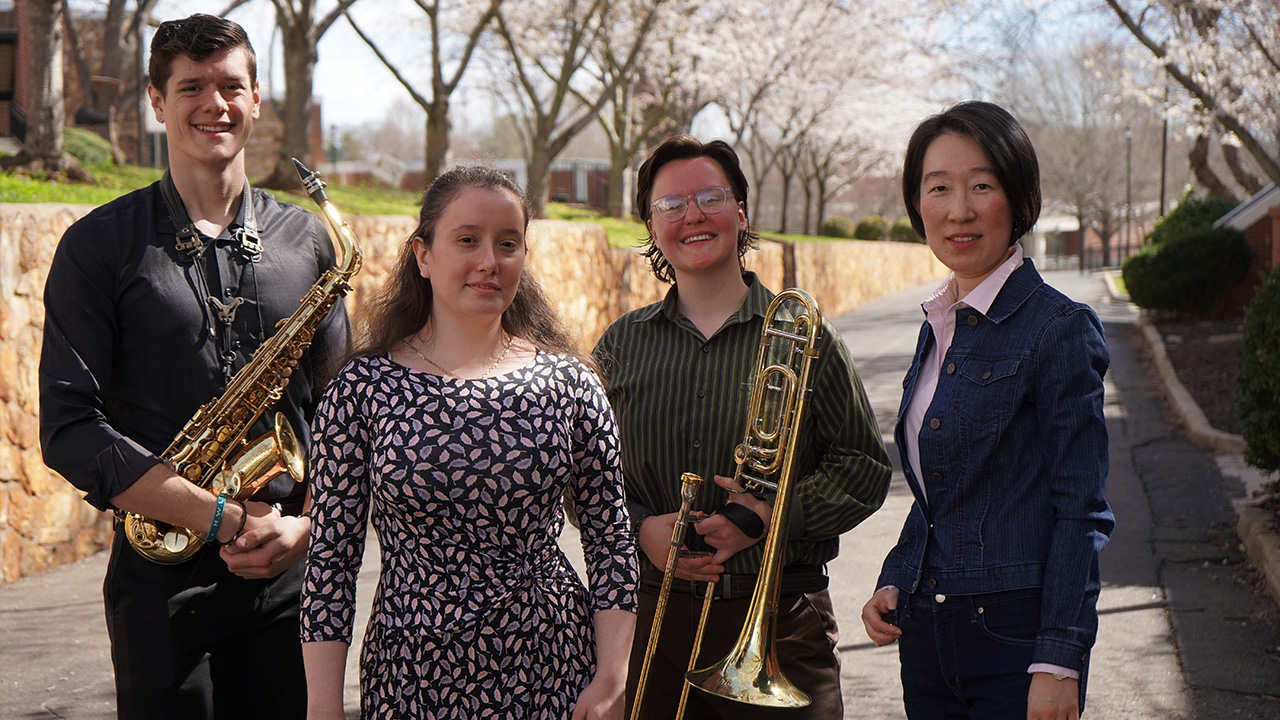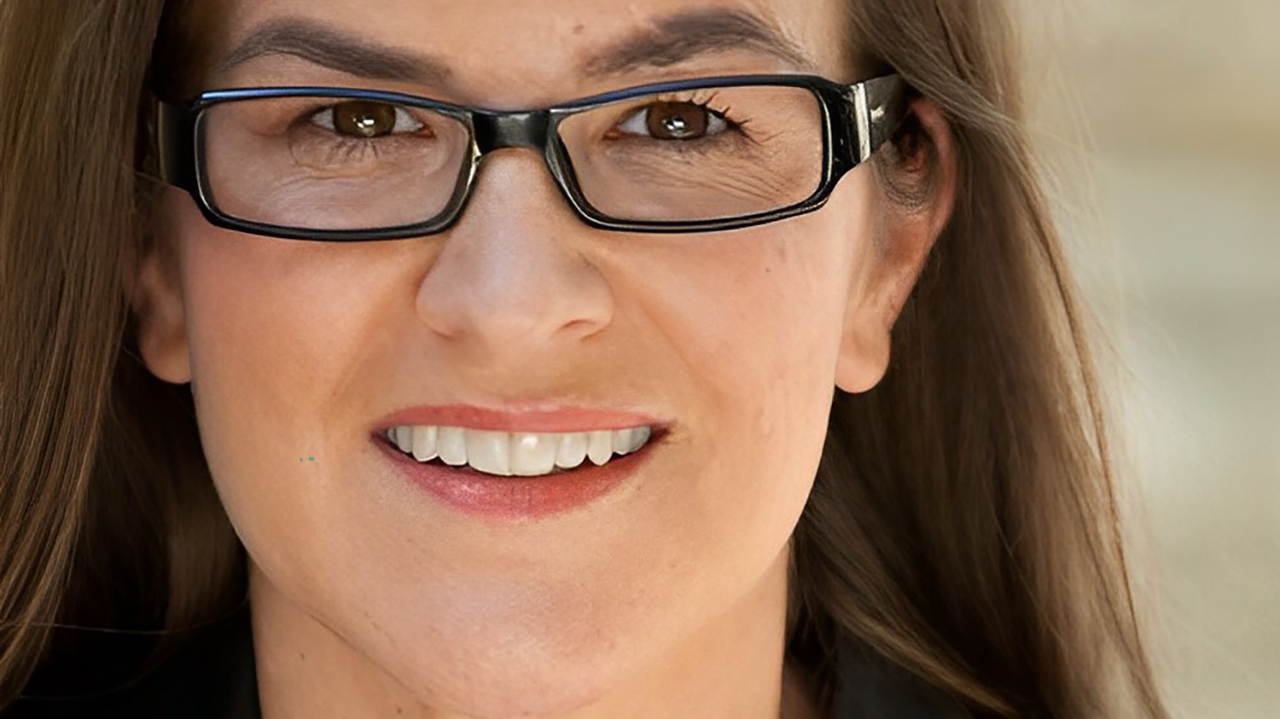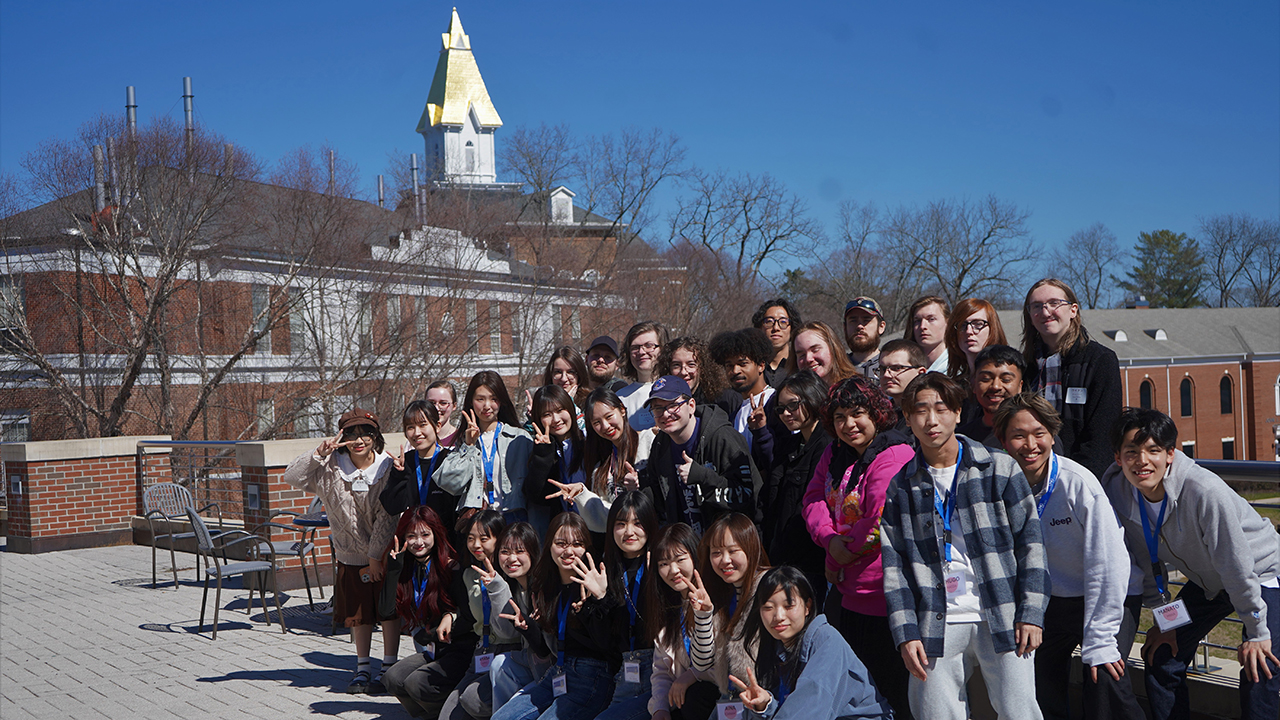Educators LEAP into Action with impactful changes in the classroom

Article By: Staff
Liberal Education and America’s Promise (LEAP) is an Association of American Colleges and Universities initiative designed to provide colleges and universities with a practical framework for delivering an inclusive liberal education in a complex and diverse world.
As an active member of LEAP States Georgia, the University of North Georgia (UNG) looks to implement the use of LEAP’s ideas and tools on all campuses through a new grant opportunity gives educators an opportunity to make changes large and small to their courses called LEAP into Action.
LEAP into Action program affords faculty and staff the time and space to assess their teaching assignments and projects through the lens of LEAP concepts. In consideration of workloads, the initiative is designed to provide support for small-scale yet impactful changes to existing coursework or an entirely new project or assignment. In its first year, LEAP into Action has awarded 13 projects up to $1,000 each for new or redesigned projects.
"LEAP into action is a chance to supplement, update, and align assignments and projects to reflect LEAP ideas and tools, which are proven pedagogies of effecting teaching and learning," said Jennifer Graff, associate professor of art and LEAP chairwoman. "This initiative seeks to familiarize faculty and staff with LEAP, allow for personal creativity and application, and start with small steps that will eventually add to great returns."
One of the recipients, Dr. Esther Morgan-Ellis, assistant professor of music history and world music, was in the process of redesigning the Music History I class she has taught since 2013 when she heard about the LEAP into Action initiative.
"I was certainly inspired by the opportunity, and I would not have put so much thought into the restructure if I hadn't gone through the grant proposal process," Morgan-Ellis said.
Morgan-Ellis said music history classes are usually taught as comprehensive narratives and it is typical to move chronologically through the material and cover as much as possible. Even though during the past five years she has moved away from comprehensive coverage and spent more time on fewer topics, she felt that the students miss some of the material, still struggle with the subject and don't retain nearly as much as she would like.
"Music History I is really hard," Morgan-Ellis said. "The first half of the class, the part that students struggle with, covers music from 600 AD to 1600 AD. It's a huge time span and the music is completely unfamiliar: all new sounds, composers, genres, terms, and ideas. I hope to provide students with the same knowledge base as in the past, but I want to build it not by presenting a chronological narrative but by examining individual musical 'objects' and working outward."
Morgan-Ellis intends to provide physical objects for examination, in this case a facsimile of a medieval manuscript, and then ask a series of questions, so students acquire knowledge not for abstract reasons but to understand specific physical documents.
"I would rather that they have three meaningful encounters than eight weeks of memorization and cramming, followed by disengagement and amnesia," Morgan-Ellis said. "I hope that the main benefit will be an interest in early Western music. If students are interested, they will seek out other encounters on their own."
"I was very excited and encouraged by the breadth and quality of submissions that represented all five campuses," Graff said. "I found a great deal of creativity and innovation coming from all academic departments."
The complete list of LEAP into Action award recipients can be found here. For more information about LEAP into Action, visit the UNG LEAP webpage.



